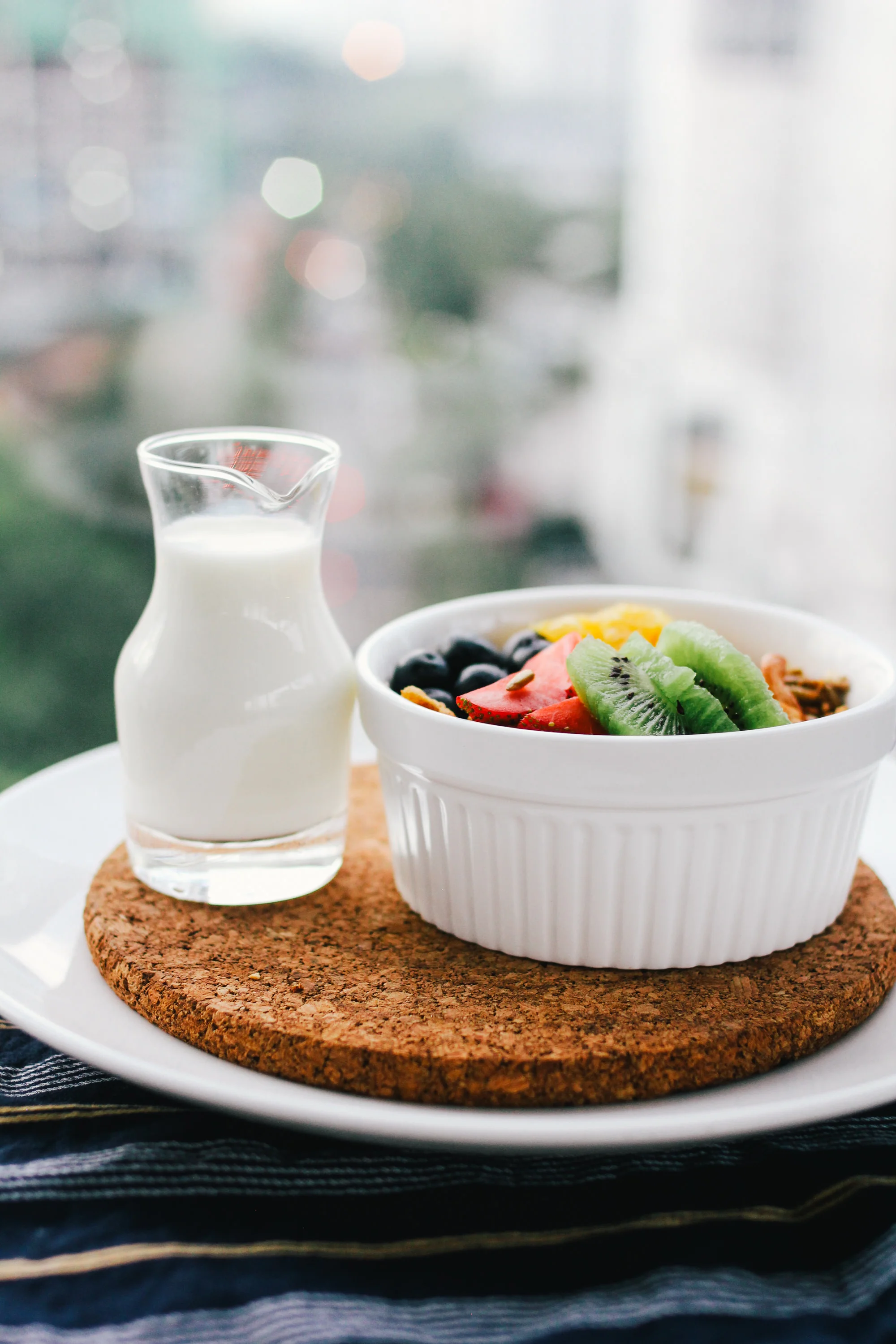Sleep and Nutrition
Written by Arielle Kestenbaum | Reviewed by Alyssa Tucci,RDN, CDN, MS, RD
Sleep, although important, is sometimes second in thought. People are always so busy worrying about having the proper exercise routines, nutritional plan, and supplement regiment, yet many people deprive themselves of the proper sleep they need during the night. Not getting enough sleep can have an effect on weight gain, and the foods that we eat can have an effect on the quality of sleep we have. Therefore, it is important to make sure we are eating properly, to ensure we are getting enough sleep each night.
Being sleep deprived can have a major effect on weight gain. Sleep deprivation can stem from many places such as stress, illness, and even our diets. Those with sleep deprivation naturally obtain high cortisol levels. These cortisol levels will not only be raised in the mornings (when they are supposed to), but they will even stay raised throughout the day, through the evenings. The raised cortisol levels are what makes it difficult to fall asleep. Because sleep deprivation now exists, you will have more of an appetite. Our metabolisms also tend to slow down when we are sleep deprived, because our bodies try to hold on to its resources, such as the fats and carbohydrates. It does so because it fears running out of fuel, for having been up too long. This causes our metabolisms to slow down. Two other hormones that also become involved are leptin and ghrelin. Leptin is the hormone that makes you feel full (which decreases 10% when sleep deprived), and ghrelin is the hormone that makes you want to eat (which increases 20% when sleep deprived).
It is, therefore, important to make sure we are eating the proper foods and drink that can only be helpful in getting a good night sleep. A few good foods or drink before bed would be:
- Cherries because it is one of the few natural foods to contain melatonin (the chemical that helps control our bodies internal clock)
- Milk and turkey because they each contain the amino acid, tryptophan, a precursor for the brain chemical, serotonin.
- Bananas and sweet potatoes because they contain the natural muscle-relaxant, potassium
- Chamomile tea with a spoonful of honey because it produces an increase of glycine, a chemical that relaxes nerves and acts like a mild sedative.
It is also important to consumes foods and drink that contain:
- vitamins- such as, folate and vitamin D (in milk and cereals).
- Minerals -such as phosphorus (in low fat dairy, shellfish, and brazil nuts).
- Antioxidants- such as alpha carotene (in orange vegetables) and lycopene (in cooked tomatoes and asparagus).
These vitamins, minerals and antioxidants will help produce a well balanced diet, which will ultimately help in sleep quality. Some foods that should not be eaten in the few hours before bed are peppers, spices, and even dairy, as they can cause indigestion in some people, causing a difficultly in falling asleep and staying asleep. It is also important to make sure we are not eating big meals less than 3 hours before bed, because this can cause us to feel more awake for a longer time.
Consistent habits of good sleepers include getting the right amount of calories, eating a balanced diet with enough carbohydrates and lean proteins, keeping fats in moderation, keeping hydrated, and eating a variety of foods. The greater variety of fresh fruits, vegetables, proteins, and grains you eat, the better chance you have of obtaining the proper minerals, vitamins, and antioxidants that promote overall health - and ultimately good sleep.

